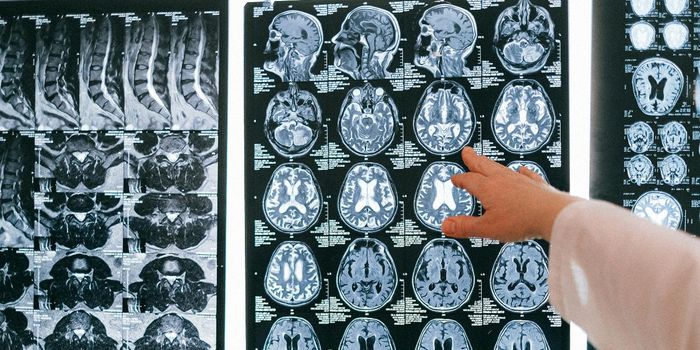Secondary Prevention of Coronary Heart Disease- How Does Yoga Compare?
Yoga is a form of exercise emphasizing certain breathing styles and physical stances. This centuries-old practice may be combined with meditation to enhance a state of physical and mental well-being. The practice has recently increased in popularity in the United States based on the CDC’s National Center for Health Statistics. Research has suggested various health benefits associated with yoga, including significant benefits to the cardiovascular system. However, research demonstrating benefits in patients with underlying cardiac disease such as coronary heart disease (CHD) has been mixed. In March 2021, investigators published a systematic review and meta-analysis of available randomized controlled trials (RCTs) which evaluated yoga against standard care practices for CHD.
Seven RCTs were included in the analysis, with total involvement of nearly 4,700 participants. Primary outcome measures were all-cause mortality and quality of life. Other outcomes assessed included exercise capacity and certain cardiovascular risk factors such as blood pressure. Results demonstrated that compared to standard care, yoga did not impact all-cause mortality. However, a non-significant reduction in cardiovascular events was noted. Importantly, yoga was shown to significantly improve quality of life and cardiovascular risk factors such as body mass index and blood pressure.
Strengths of this analysis included the evaluation of RCTs and a large sample size. However, certain limitations were noted, such as a risk of various forms of bias as assessed through the Cochrane Collaboration tool. Some forms of bias were unavoidable given the unblinded nature of the trials. Trials also included data from only two countries, potentially limiting the generalizability of results. Given the global health burden associated with CHD, establishing a robust evidence base surrounding the treatment of this condition is of paramount importance. Despite limitations, the results mentioned above suggest an evidence base for yoga as beneficial for secondary prevention in patients with CHD. Further evaluation should be conducted to better establish the cardiovascular benefits of yoga, especially in the United States.
Sources: CDC, Complementary Therapies in Medicine









